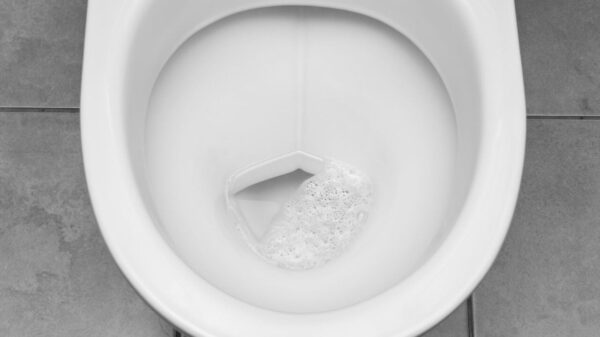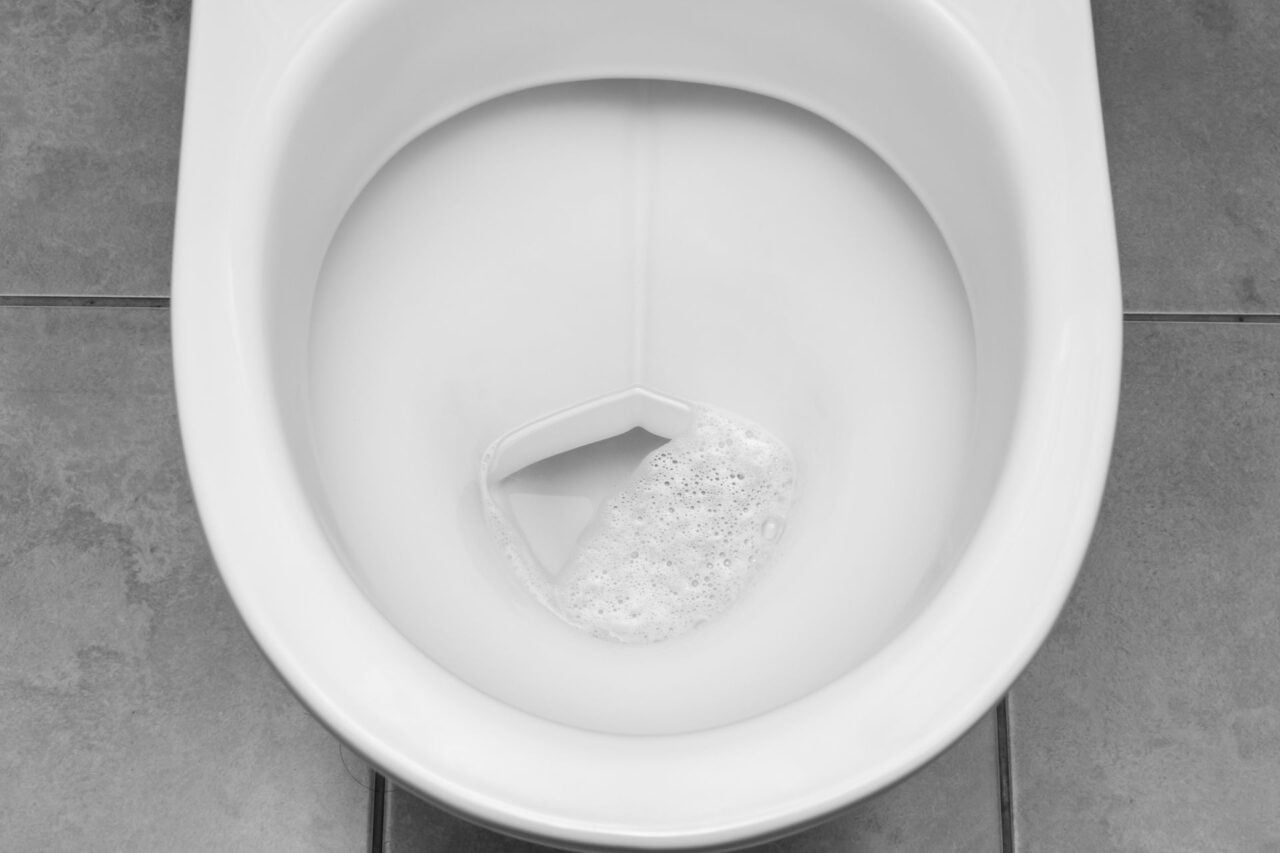As winter draws near, the United States is facing a significant increase in norovirus cases, according to recent data from the Centers for Disease Control and Prevention (CDC). During the week of mid-November, approximately 14% of laboratory tests returned positive for the virus, a figure that has doubled since the previous summer’s rate. This rise in cases indicates that the nation might experience a challenging norovirus season for the second consecutive winter.
Understanding Norovirus and Its Impact
Commonly associated with outbreaks on cruise ships, norovirus is a highly infectious foodborne pathogen that can lead to severe gastrointestinal distress. From August 2024 to July 2025, the CDC reported over 2,675 norovirus outbreaks in the U.S., nearly double the 1,478 outbreaks recorded in the same timeframe the year before. While the number of outbreaks slowed down in the fall, the winter months tend to see a resurgence as people gather indoors, increasing the likelihood of transmission.
The current positivity rate mirrors levels observed last year, raising concerns about potential peaks. In December 2024, the U.S. recorded a staggering peak of nearly 25% positivity. States like Wyoming, Nebraska, and Oklahoma are currently at the forefront of reported cases, according to data from Epic Research.
Preventative Measures and Recommendations
Although it is uncertain whether this winter will see norovirus cases surpassing last year’s peak, even a moderate season could result in significant discomfort for many. Annually, norovirus is responsible for around 20 million cases of vomiting and diarrhea in the U.S., leading to approximately 100,000 hospitalizations, despite the illness rarely being fatal.
To minimize the risk of contracting or spreading norovirus, individuals are encouraged to practice diligent hygiene. This includes thoroughly washing fruits and vegetables, cooking shellfish to safe temperatures, and sanitizing kitchen utensils and surfaces after food preparation. It is particularly important to wash hands with soap and water after handling uncooked food, as hand sanitizer is ineffective against norovirus.
As the holiday season approaches, maintaining these precautions may become increasingly challenging. Those feeling unwell should avoid close contact with others and ensure frequent handwashing to prevent further spread.
Many individuals hope for the development of an effective vaccine against norovirus, which could significantly mitigate the impact of this persistent illness. Until then, staying informed and taking preventive measures will be essential in navigating this potentially severe winter season.





































































